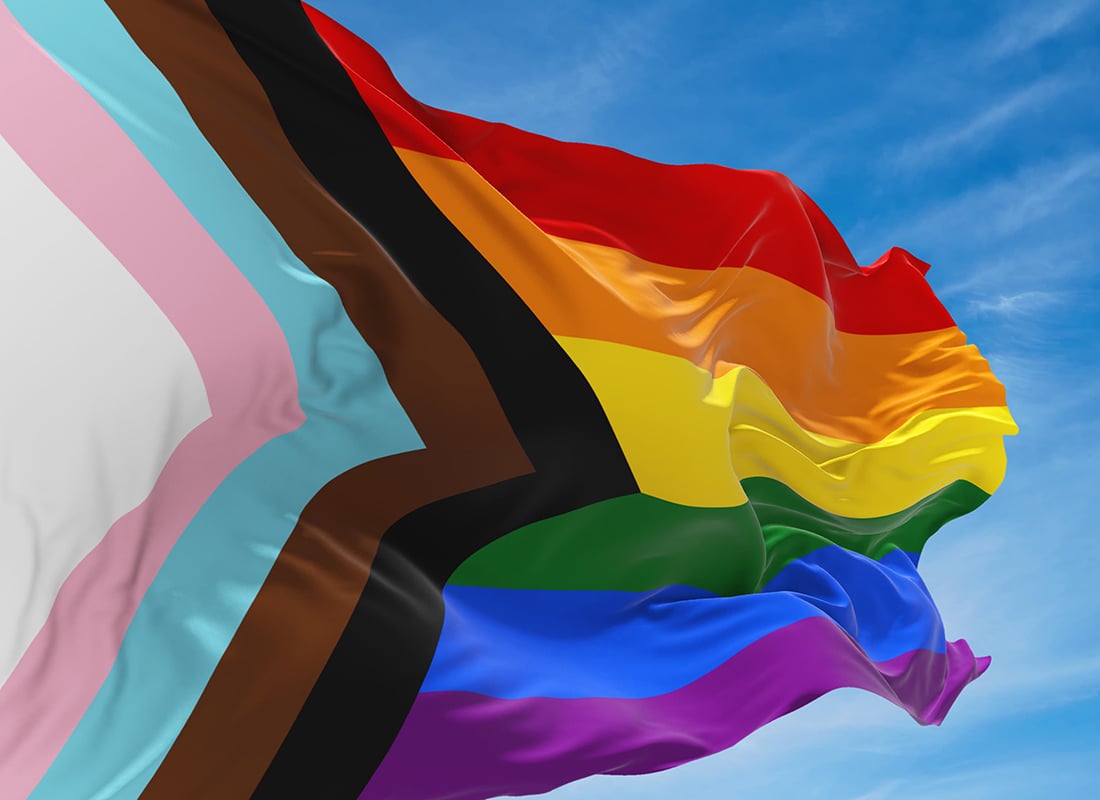As we power through Pride Month, Nicola Martin – Vice Chair and proud member of BCS Pride Specialist Group – reflects on the progress we have made in embracing diversity in the tech industry.
There have been so many topics I have been really interested in such as bias in AI models and data, and data literacy. All of which intersect within the diversity space. Data literacy is of particular significance for LGBTQIA+ people.
Embracing Technology Inclusion
This year, I had the incredible privilege of being chosen as a delegate with UN Women UK at the UN CSW67 conference. The primary focus of the event was technology inclusion, and it became clear that technology has the power to be transformative. One of the areas that captured everyone's attention was data literacy.
The Transformative Role of Data Literacy
Data literacy refers to the ability to understand, interpret, and utilise data effectively. When it comes to LGBTQIA+ individuals, data literacy becomes an essential tool for empowerment and visibility. It enables us to harness the power of information to challenge stereotypes, advocate for rights, and drive positive change.
Queer Data: Using Gender, Sex, and Sexuality Data for Action
Last year, I had the pleasure of being introduced by Kavita Kapoor, Chair of BCS Pride, to an enlightening book titled "Queer Data: Using Gender, Sex, and Sexuality Data for Action" by Kevin Guyan. This thought-provoking book underscores the importance of queer data and its potential to transform lives. It serves as a rallying call to recognise this untapped resource and amplify the voices of queer people through data.
Amplifying LGBTQIA+ Voices
In a world where LGBTQIA+ individuals face systemic challenges, including discrimination and underrepresentation, data can act as a powerful weapon. By collecting and analysing queer data, we can challenge misconceptions, debunk stereotypes, and advocate for policies that promote equality and inclusivity.
Addressing Health Disparities
Data literacy plays a critical role in addressing health disparities within the LGBTQIA+ community. By analysing health data specific to the community, we can identify areas where access to healthcare and mental health support needs improvement. Armed with this information, we can push for targeted interventions and bridge the gap in healthcare provision.
Informing Policy and Advocacy
In the fight for LGBTQIA+ rights, data literacy becomes an invaluable tool. By collecting and analysing data related to hate crimes, workplace discrimination, and social inequality, we can present concrete evidence to policymakers and advocate for policy and legal reforms.
For you
Be part of something bigger, join BCS, The Chartered Institute for IT.
As we come to the end of Pride Month, let us remember that diversity and inclusivity are not just buzzwords; they are values we should actively uphold. Embracing data literacy empowers LGBTQIA+ individuals to share their stories, challenge stereotypes, and advocate for a more inclusive society.
Let's continue to amplify voices, embrace technology, and work together to create a future where diversity thrives within the tech industry.
About the author
Nicola Martin is vice Chair and proud member of BCS Pride Specialist Group.

















